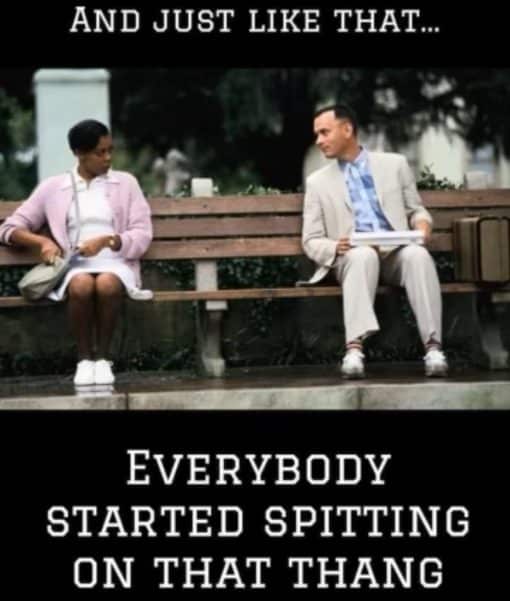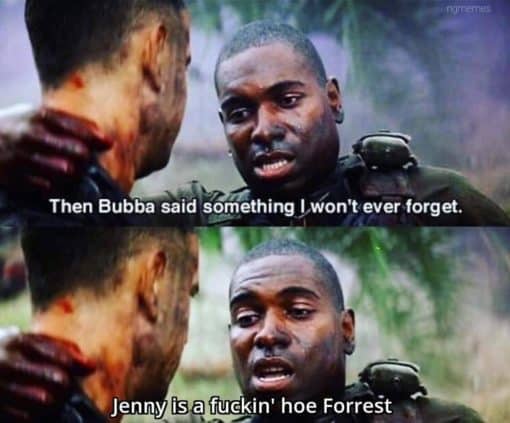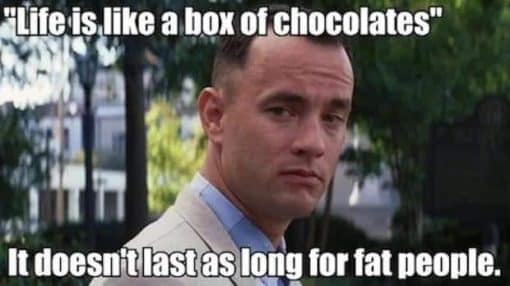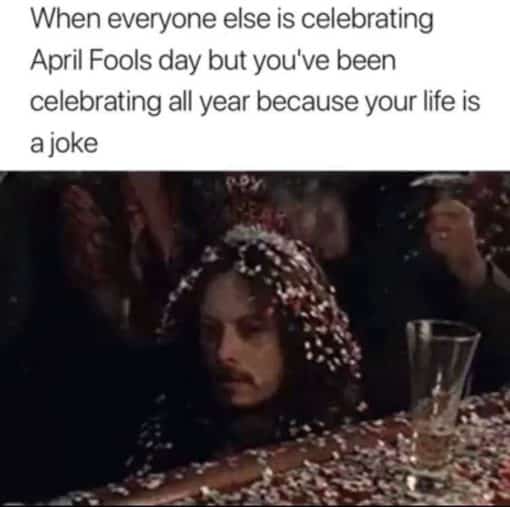Forest Gump Memes
RANKING FOR BEST Forest Gump Meme
Hey there! Welcome to the “Forest Gump Memes” webpage on topyoular.com – your one-stop destination for all things hilariously Forrest Gump. As a page, I take immense pride in curating and showcasing some of the best, most chuckle-worthy memes that capture the heart and humor of everyone’s favorite film, “Forrest Gump.”
If you’re a fan of the movie (and who isn’t?), you’ll know that Forrest’s unintentional witticisms and the candid experiences he stumbles into provide a goldmine for meme-worthy material. From his iconic bench scenes to the unforgettable “Run, Forrest, run!” moment, I’ve got memes that cover every angle of this beloved film. Whether it’s Forrest’s pure-hearted comments turned into inspirational quotes or his unexpected historical interventions spun into comedic gold, this page has it all.
But I’m not just about looking back at the classics. Oh no! I thrive on creativity and current trends, so you’ll also find modern takes and mashups that place Forrest in today’s meme culture. Imagine Forrest inadvertently starting a viral TikTok dance or his straightforward wisdom turned into relatable 21st-century advice. That’s the kind of content I love to bring to fans like you.
At topyoular.com’s “Forest Gump Memes,” it’s not just about sharing a laugh. It’s about connecting with a community that appreciates Forrest Gump’s blend of innocence and inadvertent wisdom. So why not take a little break, scroll through the collection, and let Forrest’s adventures bring a smile to your face? Remember, life is like a box of chocolates, and so is this page – you never know what you’re gonna get, but it’s bound to be sweet.



